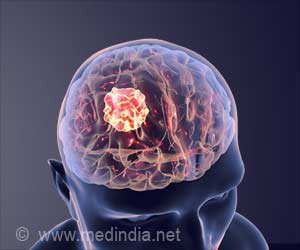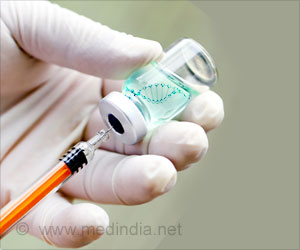Researchers examined 372 blood metabolites in 3,811 participants in the Atherosclerosis Risk in Communities Study, a prospective community-based cohort, they found that 41 metabolites were associated with coffee consumption.
When the team analyzed these metabolites in an additional 1,043 adults in the Bogalusa Heart Study, a community-based long-term epidemiological study, 20 of the 41 metabolites were also associated with coffee consumption in this group.
Higher levels of 3 of these coffee-related metabolites were significantly associated with higher risks of developing CKD are glycochenodeoxycholate, O-methyl catechol sulfate, and 3-methyl catechol sulfate.
Glycochenodeoxycholate is a lipid involved in primary bile acid metabolism, may contribute to potentially beneficial effects of coffee consumption on kidney health.
O-methyl catechol sulfate and 3-methyl catechol sulfate are involved in the metabolism of the preservative benzoate, may represent harmful aspects of coffee on the kidneys.
There were 2 other metabolites associated with coffee that surprisingly were associated with a higher risk of incident chronic kidney disease.
These compounds were also associated with cigarette smoking, which may in part explain why these compounds were associated with a higher risk of kidney disease.
With more research on the metabolic underpinnings of the coffee-kidney relationship, these metabolites may point to processes that are relevant for preventing kidney disease through dietary modifications.
Source: Medindia



